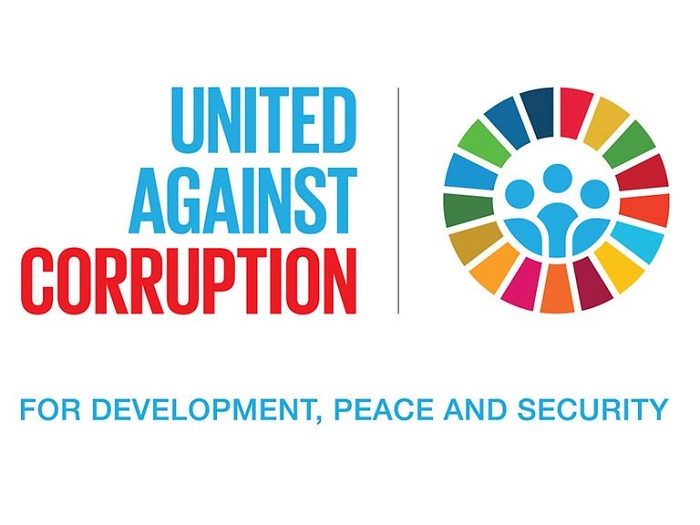Public Law
Public law is the field of the law that governs how the government interacts with its constituents. Public law regulates how the government uses its authority and encompasses many other types of legislation, including administrative law, criminal law, constitutional law, and international law. A key branch of public law that establishes the makeup, prerogatives, and boundaries of governmental power is constitutional law. Together with the legislative, executive, and judicial departments of government, it also outlines the fundamental liberties and rights of citizens.
Practice Areas
By selecting each practices, we will filter related articles for you.
LegaMart Lawyers in Public Law
Latest Articles
Davoud Erfanian
- March 31, 2020
More About Category
Tell us more about your problem.
Please give a brief description about what it is you need to talk to our lawyers about ?
Discover more legal knowledge in +120 countries
Frequently Asked Questions
What are the laws and regulations related to public procurement in the jurisdiction where I operate my business?
Entrepreneurs should be aware of the laws and regulations related to public procurement in the country where they operate their business. This includes understanding the rules and procedures for bidding on government contracts, as well as the legal requirements for compliance with ethical and transparency standards.
What are the environmental regulations and obligations that apply to my business operations in the jurisdiction where I operate?
International entrepreneurs should be aware of the environmental regulations and obligations that apply to their business operations in the country where they operate. This includes understanding the legal requirements for protecting the environment, complying with waste management regulations, and obtaining any necessary permits or licenses related to environmental compliance.
What are the human rights standards and regulations that apply to my business operations in the jurisdiction where I operate?
Entrepreneurs should be aware of the human rights standards and regulations that apply to their business operations in the country where they operate. This includes understanding the legal requirements for protecting the rights of employees, complying with anti-discrimination laws, and addressing any potential violations of human rights that may arise in the course of business operations.














